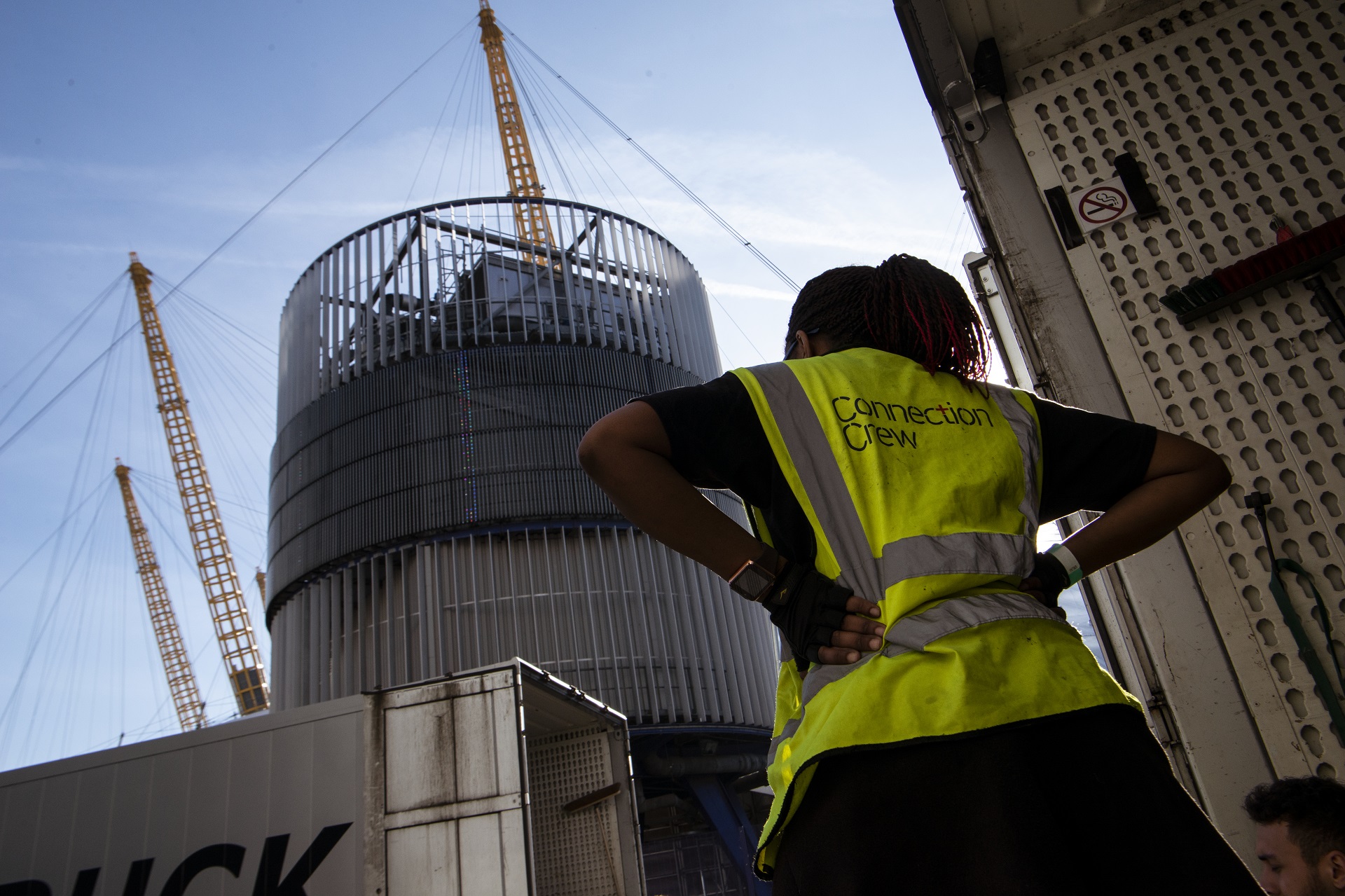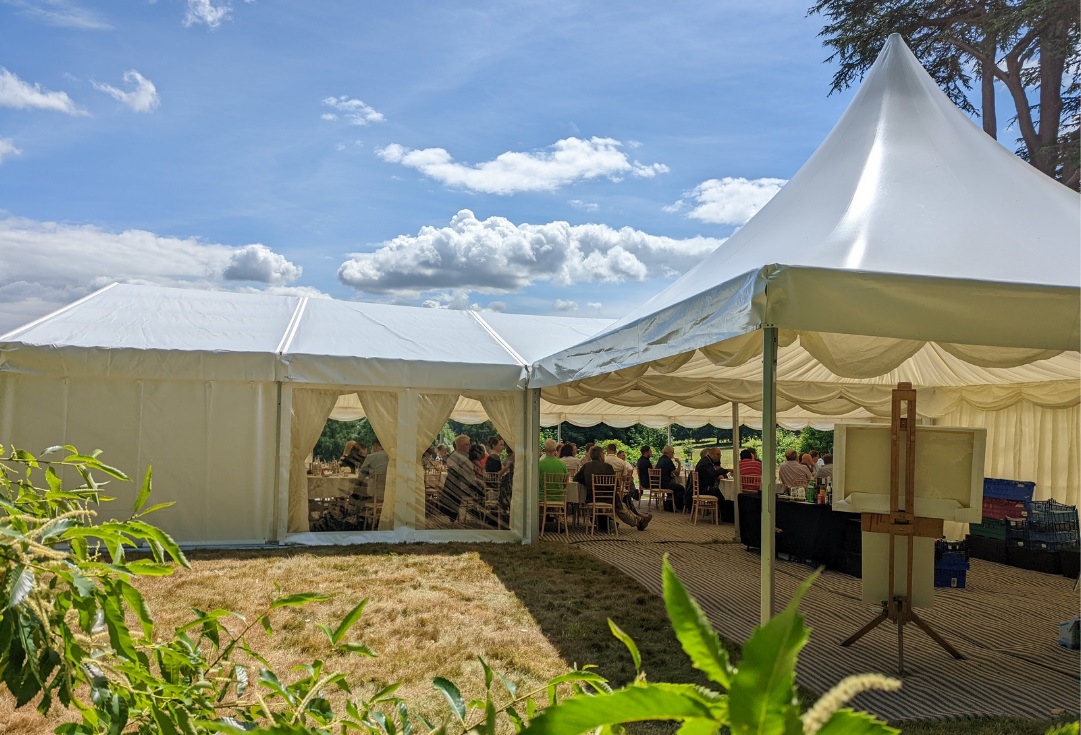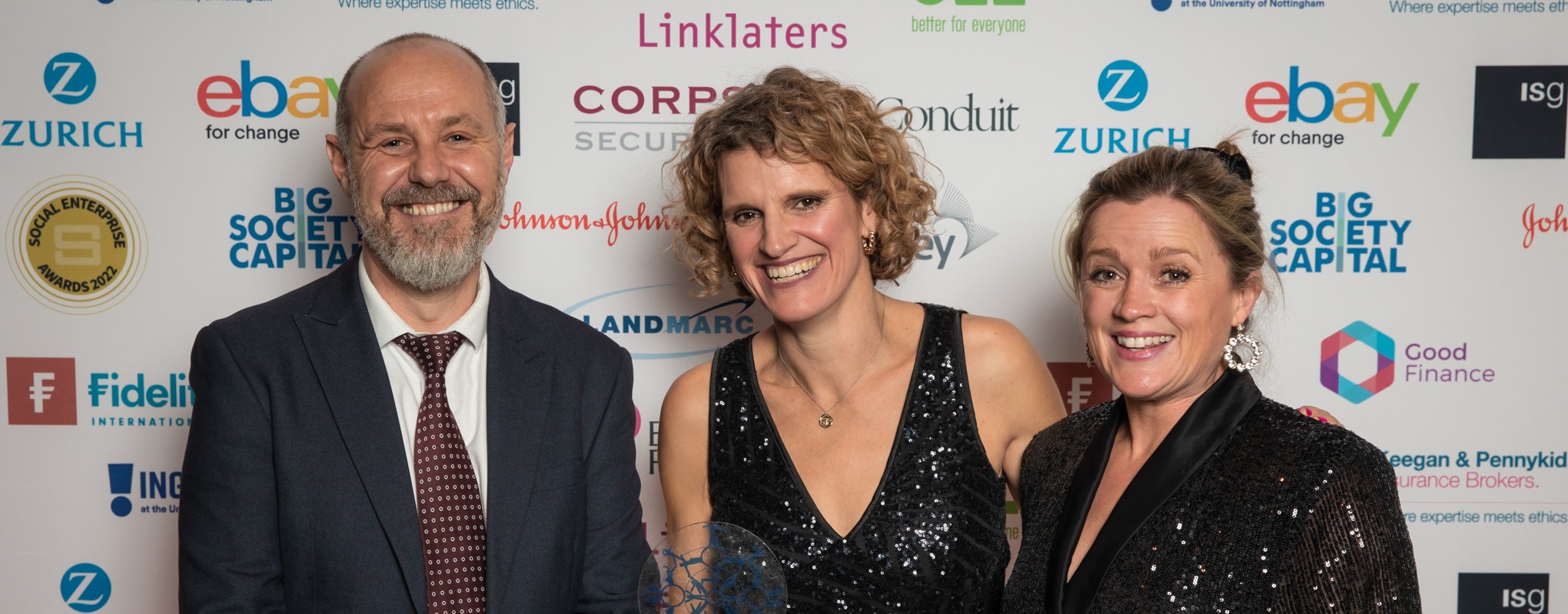
Public webinars
Think Differently: An introduction to social investment
Social investment is a funding source that many have never heard of, need to learn more about or may be unsure whether it’s for them. In this webinar Adrian Bean from Key Fund helped demystify the world of social investment running through how it works and what kind of support is out there. The webinar aimed to help social enterprises with great ideas but need the capital and support to make them happen. 2 March 2023
1 min







